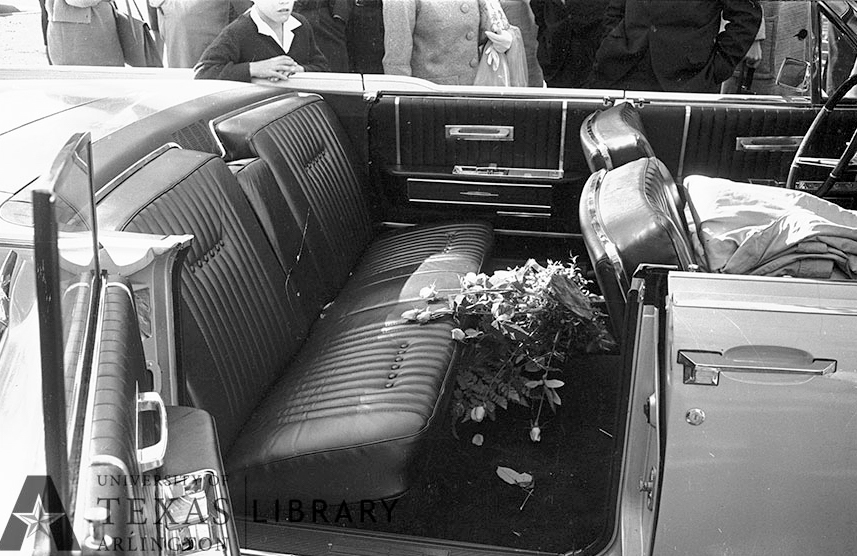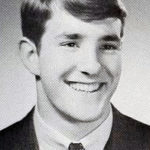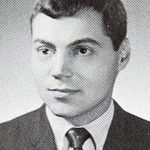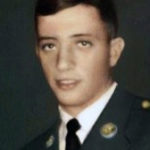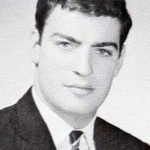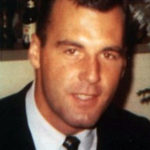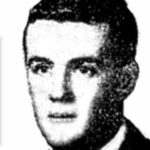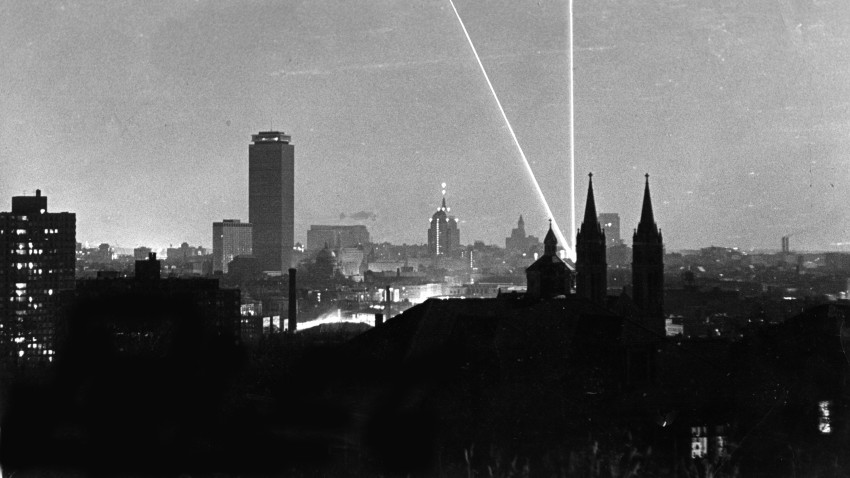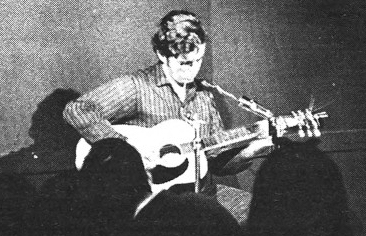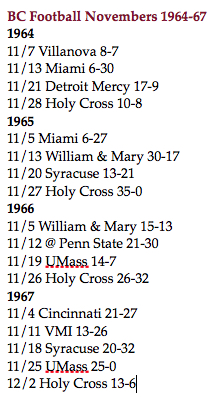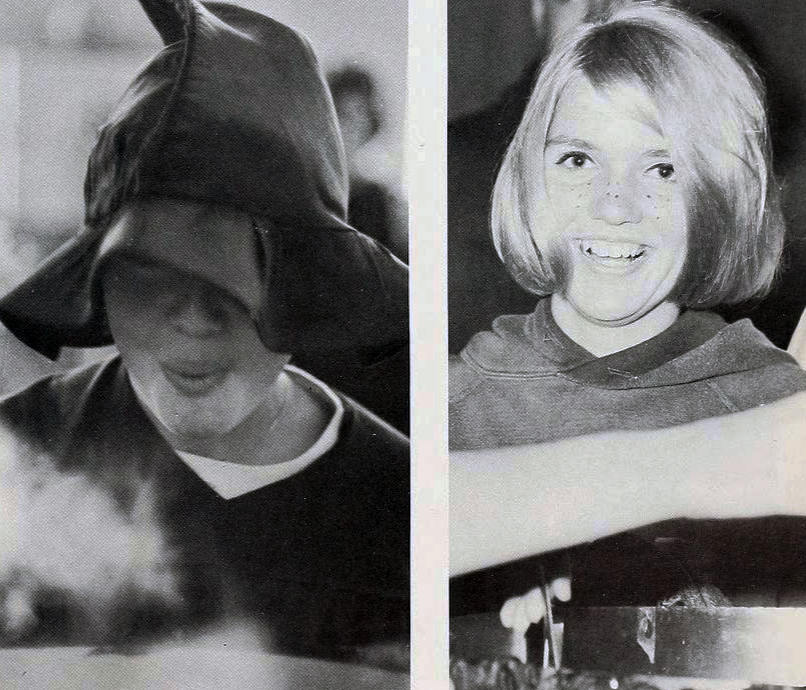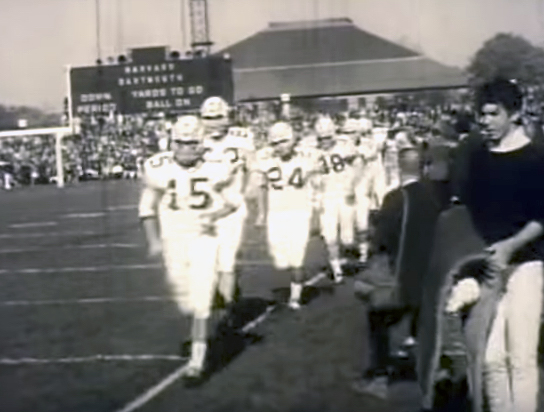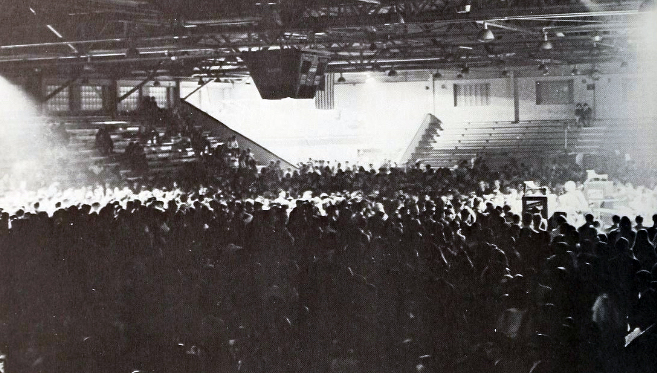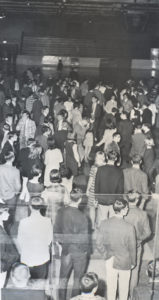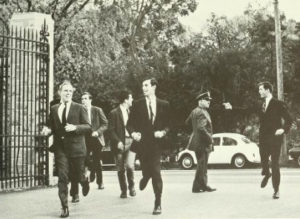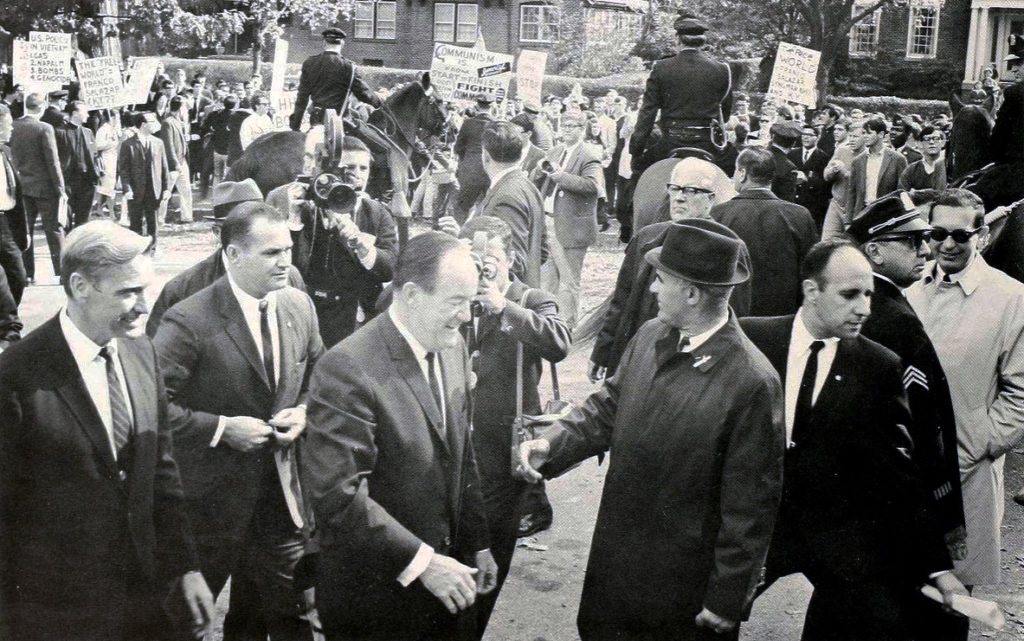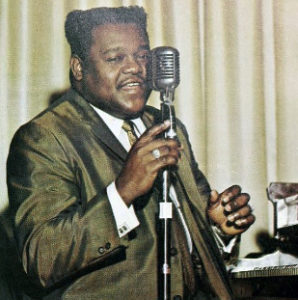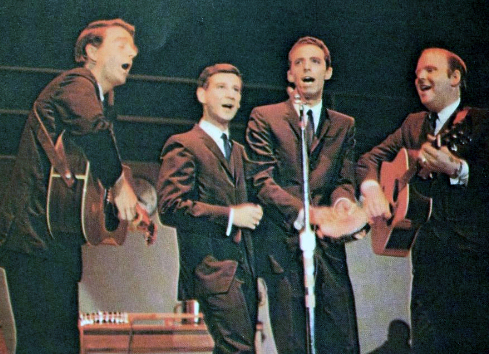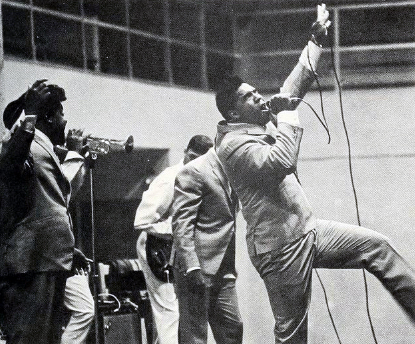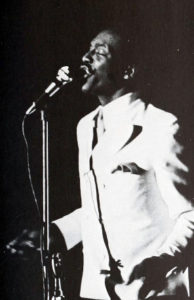For a long time, this was the date that stuck in our heads. We weren’t even born when Pearl Harbor was attacked and September 11 wouldn’t happen until the 21st Century. No, our date was November 22, 1963, the day President John F. Kennedy was assassinated.
November 22 was a Friday that year. We were in high school and that’s where nearly all of us first heard the news. Most of us, I expect, then spent the weekend following the assassination with families, glued to the television set, watching the sad and momentous events taking place.
Odd, in a way, but I spent the weekend at Boston College. BC had earlier invited me and several other high school classmates to visit the campus, beginning the evening of November 22. As you might imagine, just about everything we were to do during that visit was canceled. Our arrival was scheduled for only a few hours following news of the assassination, however, and, communication being much slower and more limited those days, we showed up anyhow, not knowing.
We occasionally saw some of the TV coverage that weekend, but mostly moped about in a desultory way. (I did not see, for example, when Jack Ruby shot and killed the alleged assassin, Lee Harvey Oswald.) We were supposed to attend the BC-BU football game scheduled for November 23 in Fenway Park. It was to have been the last game in the BC-BU series, but it never happened.
That weekend was the first time I was in Boston without my parents. I didn’t want to spend that Saturday night in the dorms. So a few of us took the T into town and went to Kenmore Square. We were underage and most everything was closed down anyway. We ended up in the Kenmore Square Cinema, where we watched Lord of the Flies. That cheered us up. :)
While we were students at BC, there were memorial Masses for President Kennedy in our freshmen and sophomore years, on Monday, November 23, in 1964 and on Monday, Nov. 22, 1965. There was also an effort then, according to the Heights article “Kennedy Memorial Library Fund Drive in Last Phase,” to raise money for a library to commemorate JFK within the soon-to-be-built Institute for Human Relations building. Alas, the Human Relations building was not built and there is no JFK library on campus. (McGuinn Hall, which houses the Graduate School of Social Work, was under construction while we were at BC and opened in 1968.)
There is a memorial to a Kennedy on campus, but it is in honor of JFK’s older brother, Joseph P. Kennedy, Jr., who was killed in WWII. The auditorium in Campion Hall was named in Joseph Kennedy’s honor when the building opened in 1955. There is a plaque in Campion honoring the older Kennedy brother.
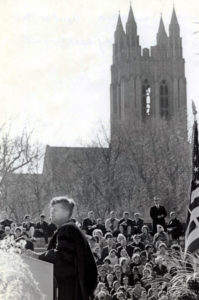 In April 1963, only seven months before his death, President Kennedy was the main speaker at BC’s Centennial Convocation. As a U.S. Senator from Massachusetts, JFK had been the speaker at BC’s 1956 Commencement, where he also received an honorary degree. At the Centennial Convocation, the President opened his address with a quip that generated much laughter. “It is a great pleasure to come back to a city where my accent is considered normal,” he said, “and where they pronounce the words the way they are spelled.”
In April 1963, only seven months before his death, President Kennedy was the main speaker at BC’s Centennial Convocation. As a U.S. Senator from Massachusetts, JFK had been the speaker at BC’s 1956 Commencement, where he also received an honorary degree. At the Centennial Convocation, the President opened his address with a quip that generated much laughter. “It is a great pleasure to come back to a city where my accent is considered normal,” he said, “and where they pronounce the words the way they are spelled.”
Here is a video (11:27) from that event:
You can see in the image above, to the right of JFK, BC President Michael Walsh, SJ, and, a little more to the right, recently elected Massachusetts Senator Edward M. Kennedy. You can also see the typed speech, with his handmade changes, on the JFK Presidential Library and Museum website. You can also see the printed brochure for the entire Centennial Convocation there, following the speech.
JFK’s appearance on campus was before we got there, but his death was still deeply remembered when we were at BC. It is a sad and somewhat amazing reflection of the times that the assassination of JFK was still a fresh scar when we entered BC and, two days following our graduation in 1968, JFK’s brother, Robert, was fatally shot in California.

